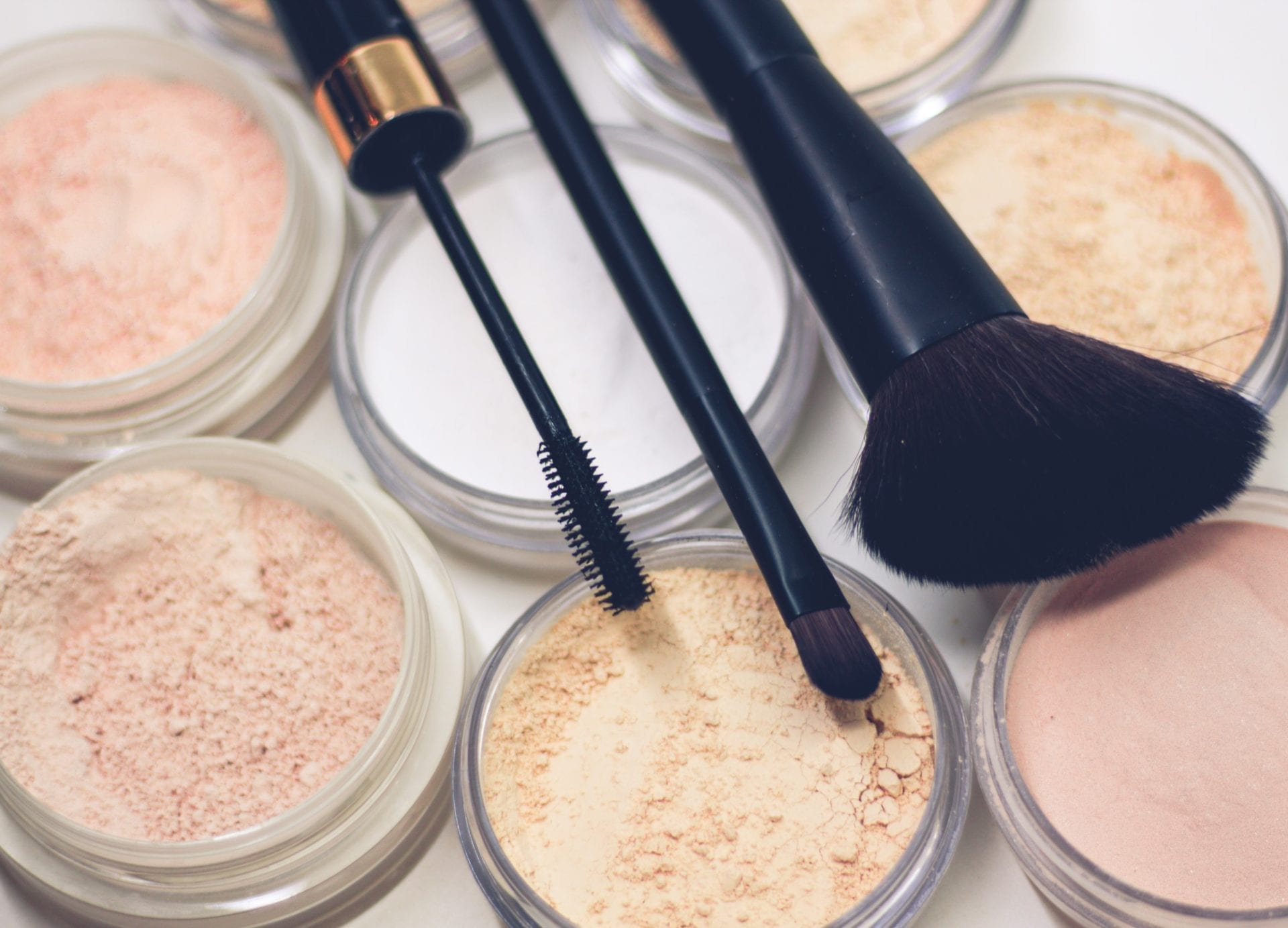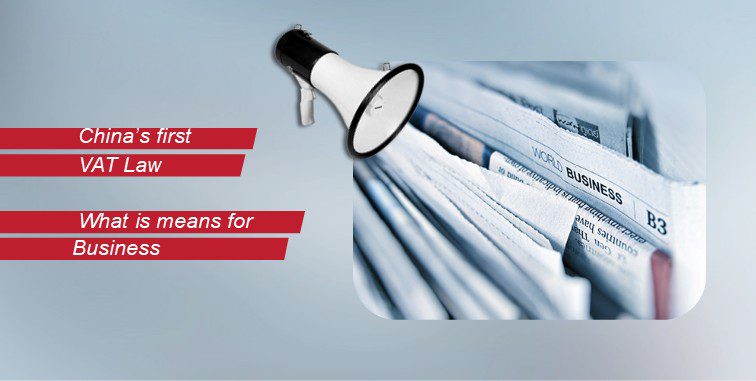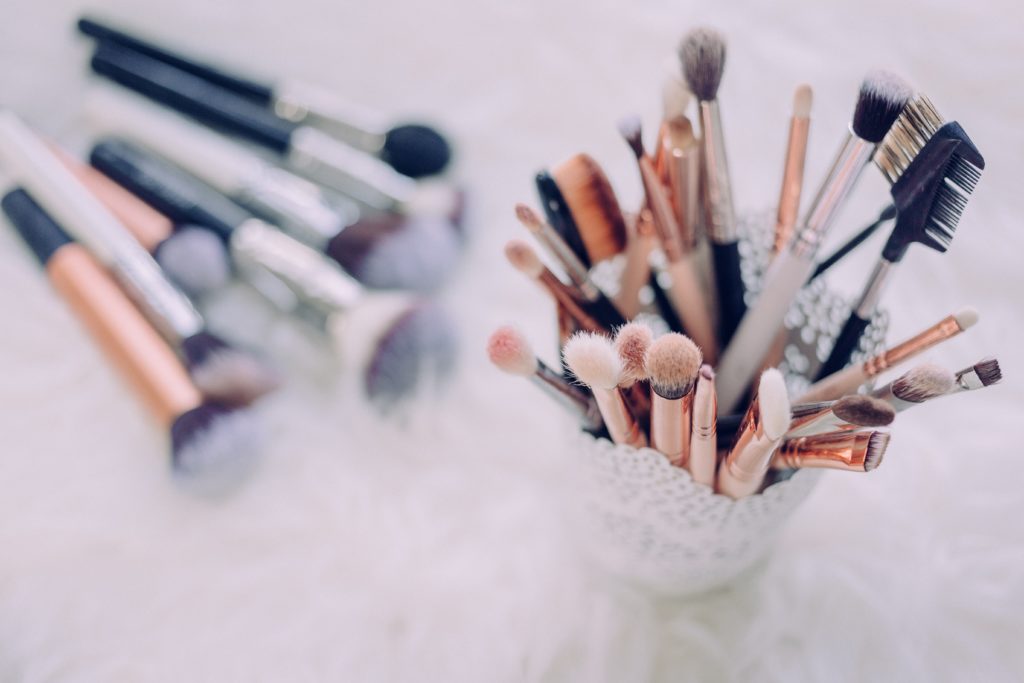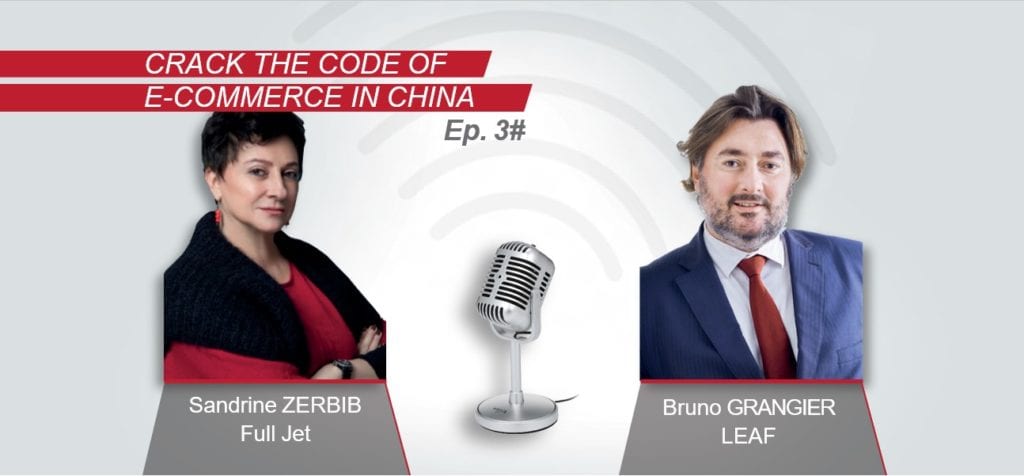Debates on animal testing in China for imported cosmetics products have been lasting for several years
Some famous cosmetics companies are forced to either turn their backs on the Chinese market or relax their principle of cruelty-free and to undergo the pressure and dissatisfaction of costumers, while others have chosen to produce locally. Since 2014, China has shown its intention to relax animal test requirement, thereby cosmetics made in China but sold overseas do not have to undergo animal testing. In 2019, new progress was made, followed by a newly draft regulation which cancels the requirement of animal testing for cosmetics produced in China in the domestic market. According to the draft regulation, the non-special use cosmetics may be exempted from toxicology tests under some conditions. Such measures have remained at the draft-stage and are not formally approved as of February 1st, 2021. Meanwhile, foreign cosmetics brands were continuing to enter the Chinese market through the cross-border e-commerce channel. This channel is designed for international brands to reduce their regulatory constraints and allow the brands to export their products to China without any animal testing. As of January 1st, 2021, the implementation of the Cosmetics Supervision and Administration Regulation will inspire the reluctant foreign cosmetics! This New Regulation has amended the requirements for cosmetics importation and loosen the animal testing requirement to enter the domestic market in China. These new changes will bring new opportunities for foreign cosmetics companies willing to consolidate their strengths and expand on the Chinese domestic market.
Cross-border e-commerce only represents less than 2.5% of the Chinese market.
What will be the new policy towards animal testing on cosmetics?
Since 30 June 2014, domestic production of General Cosmetics (which are not used for special effect such as hair coloring, freckle removal and whitening for example) is not subject to animal testing. As far as imported cosmetics are concerned, the New Regulation sets the principle that these cosmetics could be exempted under some conditions. These exemption conditions include the reception by the foreign manufacturer of a GMP certificate and a safety assessment that fully demonstrates product safety. There are no specific provisions formally adopting the exemption of animal testing neither in the New Regulation nor in the draft measures issued back in 2019. In addition, the exemption can be removed, and animal test will be mandatory if imported products are taken off the shelves for safety reasons. The release of Special Purpose Cosmetics (such as hair dyes, whitening products and sunscreen) on the Chinese market is still subject to animal testing, either through domestic production or importation. In any case, toxicology tests will be mandatory for cosmetics products. Relevant factors are: whether such cosmetic products are for children or infants’ use, their raw materials the status of the domestic responsible person or actual manufacturer, whether they are listed as key supervision target or investigated for safety or product quality.
Other highlights: the supervision on cosmetics safety further strengthened
The New Regulation also brings several substantial administrative changes aiming at promoting the development of the cosmetics industry and building a better market order. Strengthening the liabilities of the manager in charge of manufacturing and distribution in China will consequently impact the corporate governance organization of MNCs in China. Given the New Regulation, the Chinese distribution managing the registration of the product with the authorities on behalf of the foreign brand, will play an important role. Special attention needs to be paid on the distribution agreement which defines precisely the rights and obligation of such distribution. It is always time to negotiate an ancillary agreement which specifically governs these services, with particular emphasis on the steps to be taken in case of termination of the contract and change of Responsible Party.
Big news for French cosmetics brands
At the same time, new regulations were released in France authorizing the National Agency for Medicines and Health Products Safety (ANSM) to issue Good Manufacturing Practices Certificates (“Certificat de Bonnes Pratiques” or “BPF certificate”). The acquisition of the BPF Certificate will allow foreign cosmetics company to apply for the exemption policy on animal testing in China. Consequently, ANSM has implemented a dedicated online system to allow French cosmetics companies to apply for such GMP certificates. The certificate is granted only for the purpose of exporting cosmetic products to a third- party state (outside the European Union and not party to the agreement on the European Economic Area). Requests can be submitted through a dedicated platform to obtain the Certificate for 3 years.
Several other European countries have also expressed their intention to issue these documents, including Austria, Belgium, Greece, and Spain, but so far France is the only one to have implemented the whole procedure.
Certificat de Bonnes Pratiques or BPF certificate
What would be the future of cosmetics in China?
Should the exemption conditions be met, it will give foreign cruelty-free and vegan brands a chance to expand on the Chinese domestic market. Since there are changes on animal test requirements, foreign brands might want to relocate the manufacturing in their country of origin and export to China directly without having to go through a local manufacturer.
Consequently, domestic brands and manufacturers must remain alert of new competitors and potential decrease of business activity for local OEM manufacturers. Following the release of these regulations in China, a series of supporting documents and administrative rules will be published, which will further establish China’s cosmetic regulatory framework. Our team regularly advises foreign cosmetics companies and business leaders in cosmetics distribution, helping them to follow the right direction and make business decisions when they are willing to explore the Chinese market.












